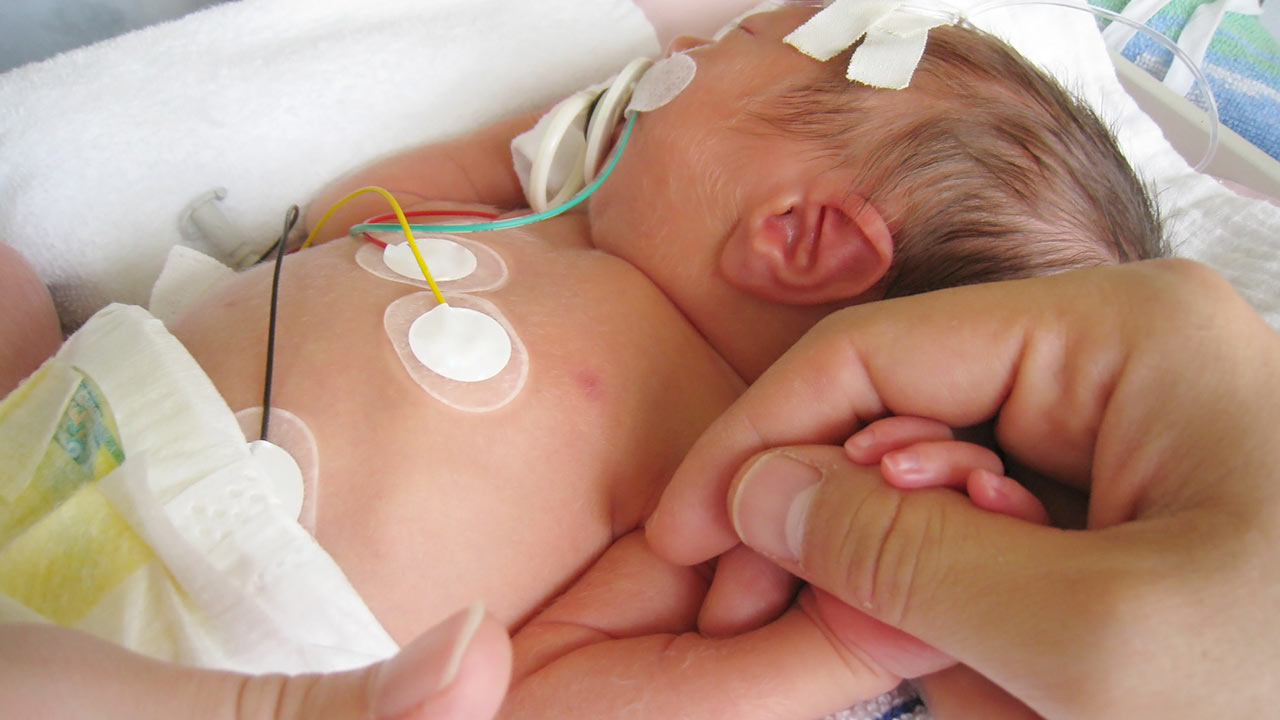
Baby Intensive Care: A Lifeline for Premature and Critically Ill Newborns
Introduction
The birth of a child is a momentous occasion, filled with joy and anticipation. However, for some families, the arrival of their precious bundle of joy is met with unexpected challenges. Premature birth, birth defects, and other medical complications can necessitate the need for specialized care in a baby intensive care unit (BICU).
BICUs are specialized hospital units designed to provide comprehensive medical care to critically ill or premature newborns. These units are staffed by a team of highly trained medical professionals, including neonatologists (pediatricians who specialize in the care of newborns), nurses, and respiratory therapists.
Types of Conditions Treated in BICUs
BICUs provide care for a wide range of conditions, including:
- Prematurity: Babies born before 37 weeks of gestation are considered premature. Premature infants often have underdeveloped organs and systems, making them more susceptible to complications.
- Birth defects: Birth defects are structural or functional abnormalities that occur during fetal development. Some birth defects, such as heart defects or spina bifida, require immediate medical attention.
- Respiratory distress syndrome (RDS): RDS is a common respiratory condition in premature infants. It occurs when the lungs are not fully developed and cannot produce enough surfactant, a substance that helps keep the alveoli (air sacs) open.
- Necrotizing enterocolitis (NEC): NEC is a serious intestinal condition that can occur in premature infants. It is caused by damage to the intestinal lining, which can lead to infection and perforation.
- Sepsis: Sepsis is a life-threatening infection that can occur in newborns. It is caused by bacteria or other microorganisms entering the bloodstream.
Equipment and Technology in BICUs
BICUs are equipped with state-of-the-art medical equipment and technology to provide the highest level of care for critically ill newborns. Some of the most common equipment includes:
- Ventilators: Ventilators provide mechanical ventilation to infants who are unable to breathe on their own.
- Incubators: Incubators provide a controlled environment for premature infants, maintaining optimal temperature, humidity, and oxygen levels.
- Phototherapy: Phototherapy is a treatment used to reduce jaundice, a condition caused by a buildup of bilirubin in the blood.
- Continuous positive airway pressure (CPAP): CPAP is a non-invasive respiratory support technique that provides gentle pressure to the airway, helping to keep the lungs open.
- Monitoring devices: BICUs are equipped with advanced monitoring devices that continuously track vital signs, such as heart rate, respiratory rate, and oxygen saturation.
Nursing Care in BICUs
Nurses play a crucial role in the care of critically ill newborns in BICUs. They provide round-the-clock care, monitoring the infants’ condition, administering medications, and providing comfort and support.
BICU nurses are highly skilled and experienced in caring for premature and critically ill newborns. They are trained to recognize and respond to subtle changes in the infants’ condition, ensuring that they receive the timely and appropriate care they need.
Parental Involvement
Parental involvement is an essential aspect of care in BICUs. Parents are encouraged to be present and participate in their infant’s care as much as possible. They can provide comfort and support, and they can also learn about their infant’s condition and treatment plan.
BICU staff recognizes the importance of parental bonding and attachment. They work closely with parents to facilitate their involvement in their infant’s care, while also respecting their need for rest and support.
Long-Term Outcomes
The long-term outcomes for infants who receive care in BICUs vary depending on the severity of their condition. However, with advances in medical technology and the expertise of healthcare professionals, the survival rates for premature and critically ill newborns have improved significantly.
Many infants who receive care in BICUs go on to live healthy and fulfilling lives. However, some may experience long-term complications, such as developmental delays, learning disabilities, or chronic health conditions.
Conclusion
Baby intensive care units are specialized hospital units that provide life-saving care to premature and critically ill newborns. These units are staffed by highly trained medical professionals who are dedicated to providing the highest level of care to these vulnerable infants.
Through the use of advanced medical equipment and technology, skilled nursing care, and parental involvement, BICUs play a vital role in improving the survival rates and long-term outcomes for premature and critically ill newborns.
